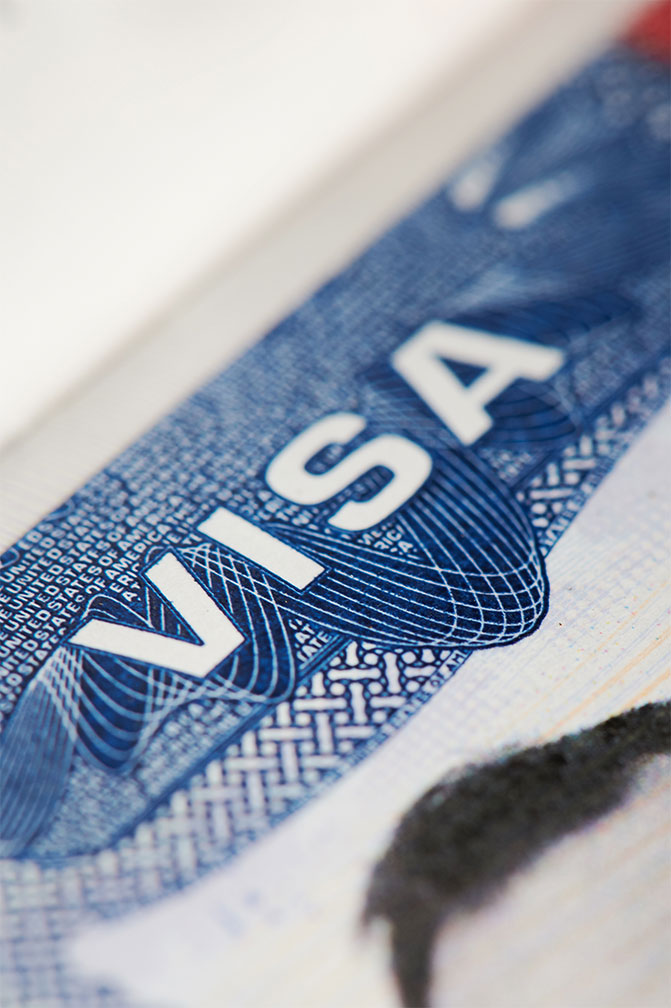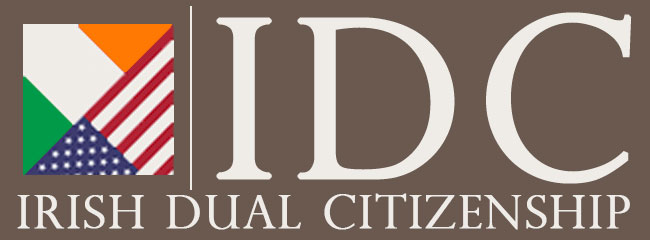The Irish Department of Justice reported that in 2024 there was a record number of people claiming Irish citizenship, with over 30,000 applications being reviewed and processed in 2024. This was an increase on the 20,000 applications received in 2023, and almost twice the number processed in 2022.
The vast number of people wanting Irish citizenship highlights that people with Irish ancestry want to reconnect with their roots and heritage, and that the advantages and benefits Irish citizenship affords is an appealing prospect. Along with being able to enjoy all of the rights of being an Irish citizen in Ireland, Irish citizenship also means EU citizenship, and this grants the right of free movement, without time or visa restraints, to live, work, and study, in any of the 27 EU member states.
Background: Ireland Six Week Rule
In August 2016, the Irish Department of Justice implemented a “six-week rule” for individuals applying for Irish citizenship. The rule permitted that in the year before a citizenship application, a maximum period of up to six weeks… for absences from [Ireland] for normal holidays and other short-term and temporary nature absences, such as for a business meeting, family bereavement or a medical emergency while abroad.
This meant being outside of Italy for longer than six-weeks resulted in a citizenship application failing to meet the one year of continuous residency rule immediately prior to the date of the submission of an application, as outlined in the Nationality and Citizenship Act 1956.
The Six Week rule and Irish citizenship by naturalization applications
The requirements and criteria must be met in order to qualify for Irish citizenship through naturalization:
- You are 18 years of age. The application of a minor (under 18), must be made by their parent, or legal guardian, and child must meet the criteria for naturalization;
- You must have a total legal residence of five years within the prior nine years, including one year of continuous residence before application is made. Spouses and civil partners of Irish citizens may apply for naturalization after three years’ residence;
- Must be of “good character”, with no existing criminal convictions.
The the six-week rule meant that many applicants were refused citizenship and their citizenship cliams denied.
The six-week rule was deemed too punitive and unconstitutional, as well as not having legislative merit. It has since been amended, individuals applying for Irish citizenship can now be outside of Ireland for up to 70 days in the year prior to making an application. And this may be extended, in exceptional circumstances, to an additional 30 days. These reasons include health, family, humanitarian, study and employment.
From July 31, 2023, the Courts and Civil Law (Miscellaneous Provisions) Act 2023 implemented legislative updates that included:
- A possible total 100 days of absence in the year prior to a citizenship application may be permitted, replacing the six-week rule. Now up to 70 days outside of Ireland may be allowed, with a further 30 days if and when necessary, under the aforementioned exceptional circumstances.
- Irish immigration authorities can now send documents electronically, meaning immigration outcomes can be issued via email or through a customer portal, allowing more flexibility and efficiency.
- A change in the residency requirements, from 5 years to 3 years, for citizenship applications regarding children born in Ireland who do not have an automatic claim and right to Irish citizenship.
The amendments increased the number of days applicants can be outside of Ireland in the year prior to making an application for citizenship, which gives more flexibility. The change has seen a decrease in the number of applications denied.
Furthermore, changes in how digital platforms are utilized in the service of citizenship applications allow for quicker and more effective processing and delivery of citizenship verdicts.
It is important to note that if you do not meet the residency condition, you may still be able to apply for Irish citizenship through association, which falls under citizenship by naturalization. Section 16 of the Irish Nationality and Citizenship Act 1956 classifies a person is of Irish associations if:
- he or she is related by blood, affinity or adoption to, or is the civil partner of, a person who is an Irish citizen or entitled to be an Irish citizen, or
- he or she was related by blood, affinity or adoption to, or was the civil partner of, a person who is deceased and who, at the time of his or her death, was an Irish citizen or entitled to be an Irish citizen.
See our related article here for more information on applying for Irish citizenship through association and through a great-grandparent.
Summary
This piece has detailed the role the six-week rule had in the context of Irish citizenship applications, and outlined the changes in law and its impact.
If you are interested in applying for Irish citizenship, or would like more information, you can contact us directly and one of our expert advisors will be in touch to answer your questions.





